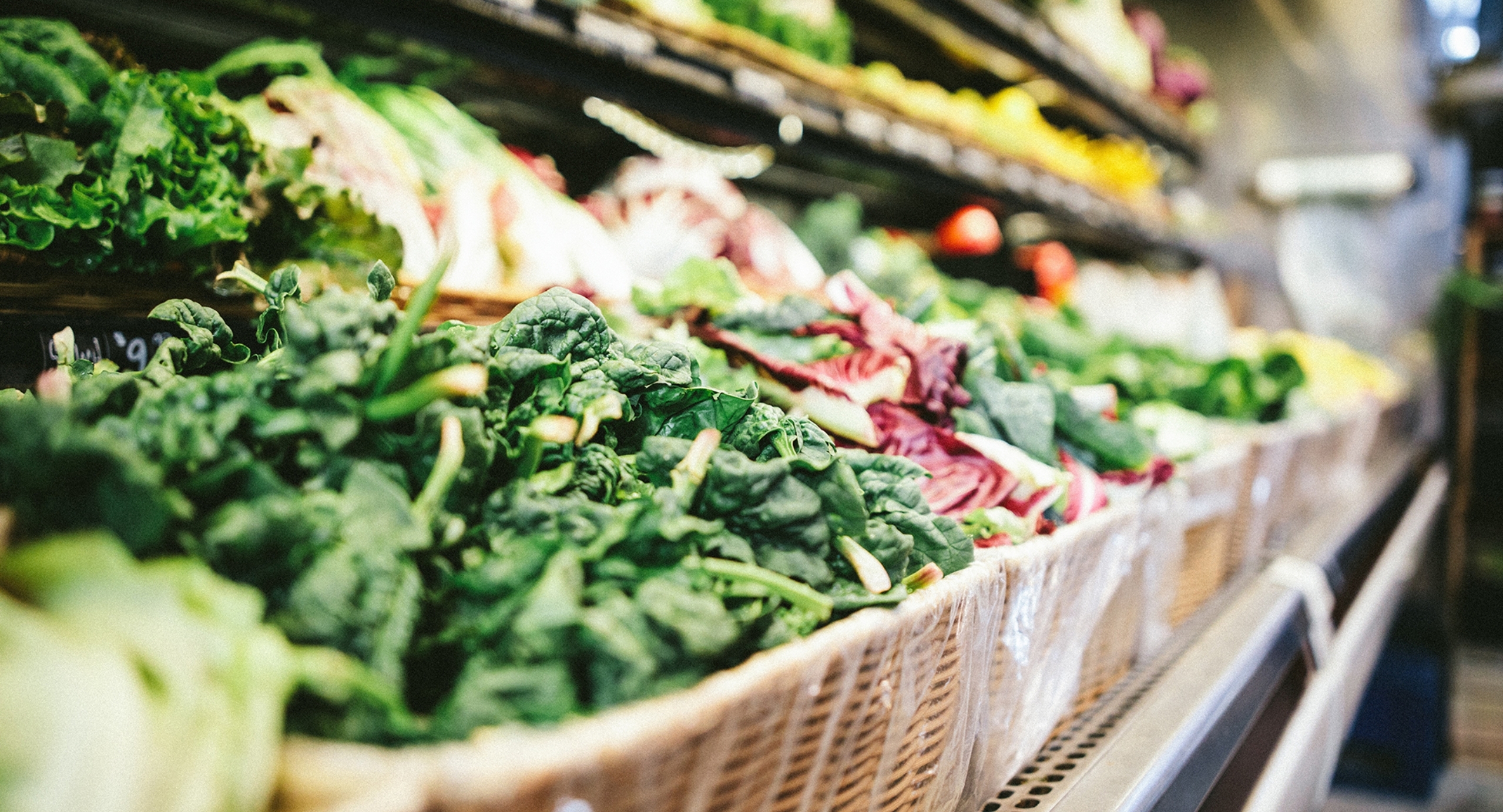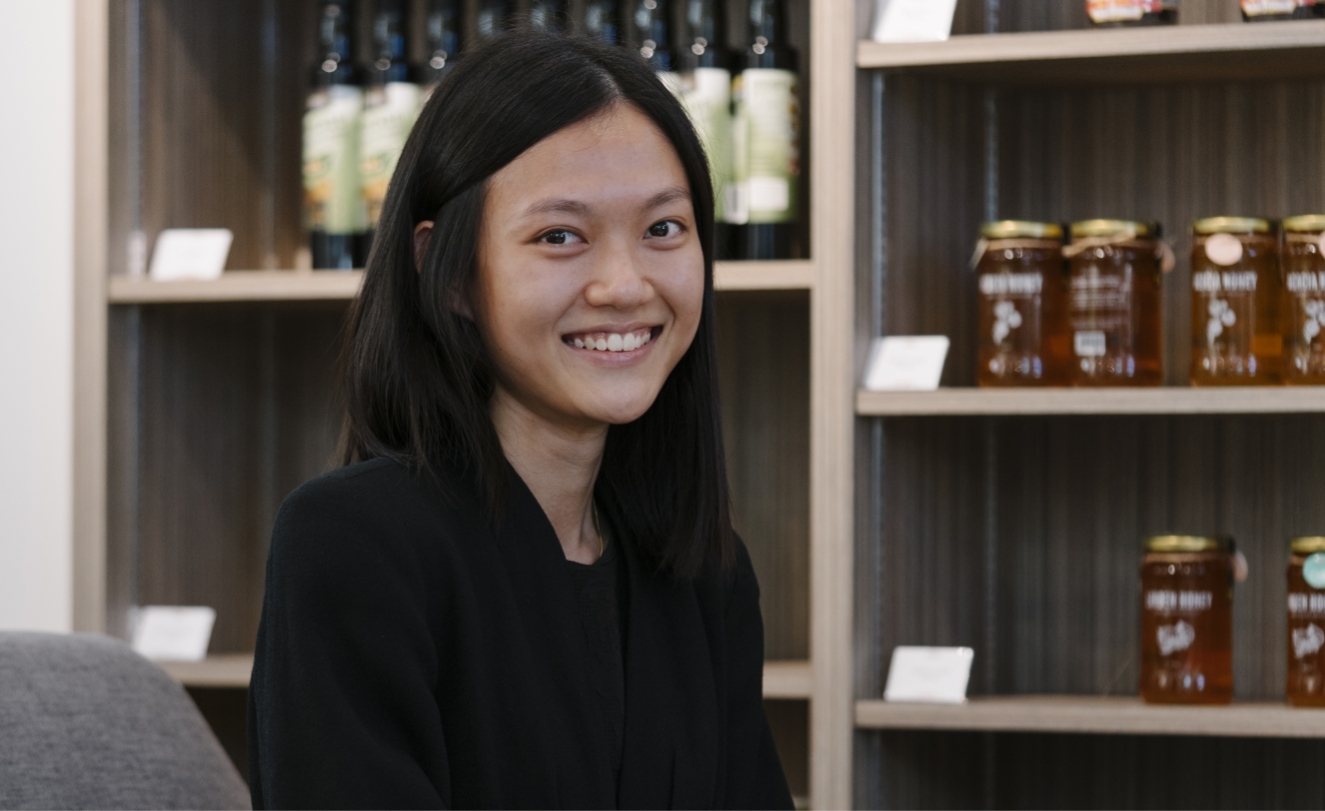The ABCs of Antioxidants

The ABCs of Antioxidants
Antioxidants are biological compounds that have the ability to protect cells from free radical damage. Jaclyn Reutens, clinical and sports dietitian, founder of APTIMA Nutrition & Sports Consultants; and Elizabeth Gan, Dietitian, Organic Sanctuary share the 101 on antioxidants.
Hectic lifestyles of late nights, fat and sugar laden meals, insufficient hydration, smoking, excessive alcohol consumption take a toll on the body – raising raises the level of oxidative stress. While some oxidative stress – caused by naturally-occurring free radicals – is normal, too much of it can be detrimental. According to Elizabeth, heightened level of oxidative stress could lead premature ageing, chronic inflammation and the development of diseases such as cancer and heart disease and arthritis.
Antioxidants, naturally occurring chemical compounds, protects cells from oxidative stress by negating the effect of free radicals. Antioxidants can be produced by our own body cells or from food explains Jaclyn. Antioxidant enzymes are synthesised by the human body and antioxidant phytochemicals, vitamins and minerals come from dietary sources. As each antioxidant has unique benefits and works best in synergy with others, the best way to obtain a beneficial boost is to eat a wide variety of fresh fruit and vegetables daily.
Allyl Sulphides
Ally sulphides strengthen the immune system by increasing your body’s natural killer immune cell activity. It also suppresses inflammation by reducing oxidative damage in blood vessels, thereby reducing the risk of cardiovascular disease. Studies have also shown that allyl sulphides improve blood circulation and reduce atherosclerosis and calcium build up along arteries, reducing the risk of heart disease. Find it in: Onions, garlic, leeks, chives.Chlorophyll
Chlorophyll, especially when taken before or with a meal, blocks the absorption of the carcinogens (cancer-causing agents) in the food. This powerful antioxidant also alleviates constipation, reduces body odour, and promotes liver cleansing as well as blood regeneration.Vitamin E
Vitamin E is a fat-soluble vitamin most commonly found in food as alpha-tocopherol. This is also its most potent form. Vitamin E is essential for good skin as it promotes skin cell growth and integrity. Vitamin E can also ward off depression by repairing neurons and help to prevent brain damage associated with aging. Find it in: Almond, avocado, walnut, wheat germ, olive and sunflower seeds.
Beta-carotene
Beta-carotene is converted by the body into Vitamin A. Vitamin A is essential in eye health as it prevents night blindness, delays age-related macular degeneration and prevents dry eyes. Vitamin A is also important for skin health, reduces inflammation and fights oxidative stress in the body. Find it in: Dark green leafy such as spinach and kale. Yellow-orange vegetables and fruit such as carrot, pumpkin, sweet potato, apricot, mango, papaya and cantaloupe.
Genistein
Genistein is an isoflavone and a phytoestrogen with cancer-preventing properties. In women, it mimics oestrogen and binds with oestrogen receptors to reduce the incidence of breast cancer. In men, it has been shown to reduce the prevalence of prostate cancer by inhibiting the formation of blood vessels in tumours. Genistein also reduces lipid peroxidation (the oxidation of fatty acids) by boosting the efficacy of antioxidant enzymes. Find it in: Legumes such as soy beans, soy milk, bean curd, tempeh, chickpeas and fava beans.Pterostilbene
Pterostilbene has similar structure as the powerful antioxidant, resveratrol and is actually four times more easily absorbed by the body. Like its more well-known counterpart, pterostilbene reduces inflammation, protecting the nervous system, reducing atherosclerosis and regulating high blood sugar and cholesterol. In cancer studies, this antioxidant is found to reduce the growth and induce the death of cancer cells. Find it in: Blueberries, mulberries, grapes, red wine and almonds.Selenium
Selenium neutralises free radicals and boosts the immune system by aiding the body in producing the antioxidant enzyme, glutathiaone peroxidase. It also works alongside another antioxidant, Vitamin E, to prevent fat oxidation in the arteries, reducing the incidence of heart disease. Apart from this, selenium is essential for a strong immune system, good thyroid health and healthy circulation. Selenium is also important for cellular repair, giving it powerful anti-cancer properties. Find it in: Brazil nuts, eggs, mushrooms, asparagus, tuna, cod, oats and sunflower seeds.To supplement or not to supplement?
While eating fresh whole foods is undoubtedly the best way to get your intake of antioxidants, supplementation can help boost your daily dose. Always try, however to consume antioxidants via foods. The best way to do this is to fill your plate with colour as brightly-hued fruit and vegetables are not only a feast for the eyes, but a feast rich in healthful antioxidants as well as fibre, fluid and flavour!
The information provided in this article is meant purely for general information purposes only and may not be used as a substitute for medical advice, diagnosis or treatment. If you have any questions or concerns about your health, please seek the advice of your doctor or qualified healthcare provider. The views, information or opinions expressed in this article are solely that of the writer and the interviewees and do not necessarily reflect those of, and are not endorsed by, Camden Medical Centre.